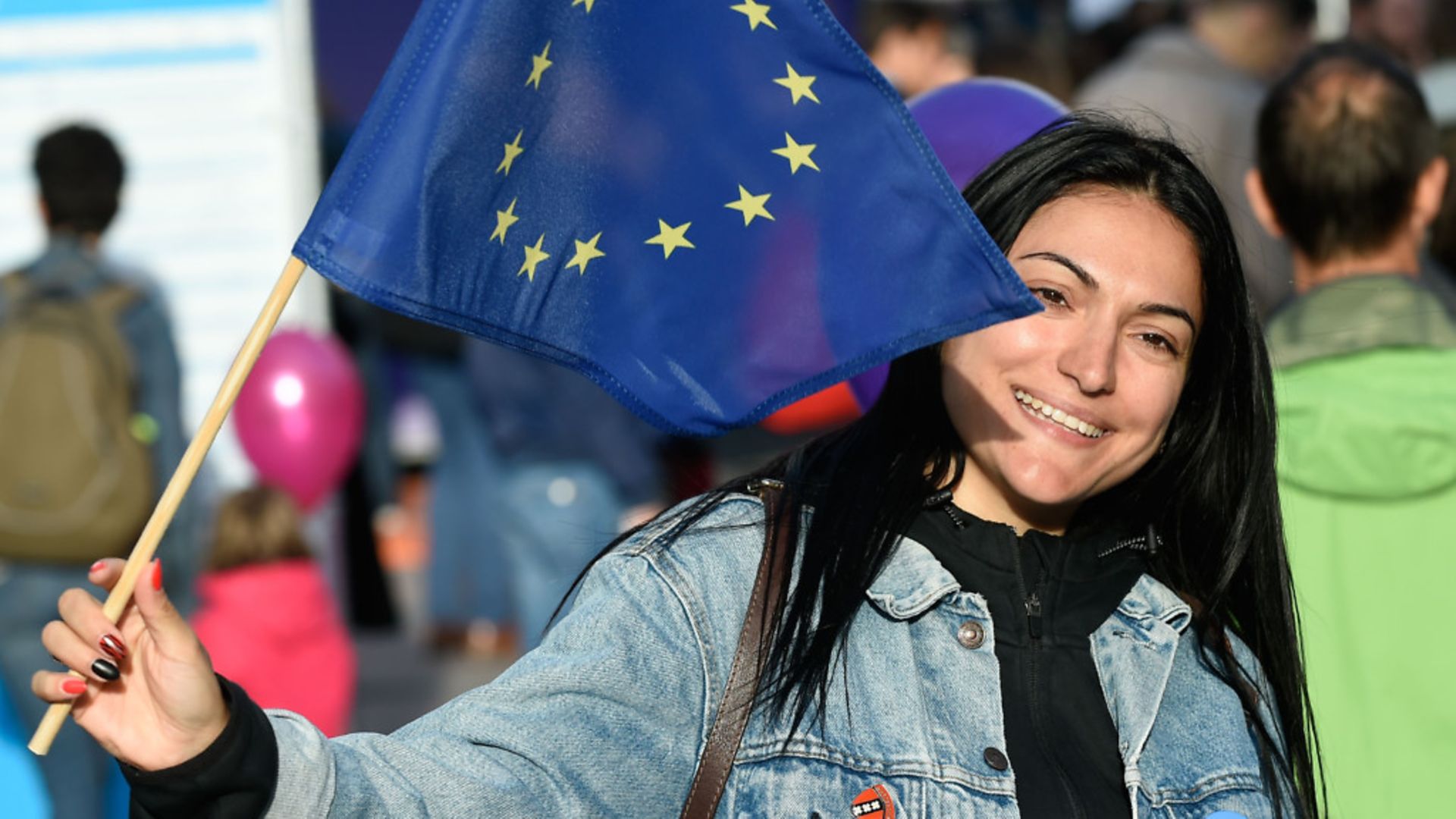
Sandra Khadhouri reports on one initiative attempting to maintain links between the UK and Europe
As Brexit negotiations end, the next phase begins. In 2021, much time and effort will be expended by pro-EU campaigners in exposing the damage of Brexit, big and small, to ensure people draw sensible conclusions and place blame where it is most deserved.
This is essential work, as Britons need to understand what’s happening to them as individuals and as a country. Recent polls show many people accept the macro-economic damage of Brexit and overall costs to our reputation and relationships, but fewer believe it will affect them personally. Events in 2021 will drive home the impacts on individuals and show the connection between the bigger picture and the quality of our lives.
As examples, loss of passporting rights for financial services means billions in lost tax revenues that could be spent on local services and ‘levelling up’; harm to supply chains will mean delays in providing the products we need, and higher manufacturing costs that get passed on to consumers; an end to freedom of movement means a shortage of key staff for businesses resulting in reduced services. Diminished cooperation on security and data access will slow down the ability to track criminals, making us less safe. The damage all trickles down to us, one way or another.
The lines between minor and major effects will be blurred, depending on personal circumstance. Minor inconveniences include travel delays, invalid driving licenses, potential loss of cheap mobile roaming and holiday health insurance; major problems will be job losses, food shortages and higher prices. Covid and Brexit pain will feed off each other, as extra bureaucracy and costs add difficulty when our tolerance is low.
As consequences crystallise, there will need to be a balance between creating a sense of responsibility among voters, without spilling over into anger and blame. This restrained approach, combined with measures to encourage a truth-based digital media environment, should support a shared understanding and healthier dialogue about Brexit realities.
If and when the public becomes disillusioned with Brexit, where will they turn? Who will provide hope when Boris Johnson’s jollity rings false or the government’s shiny new initiatives don’t compensate for losses? What can be offered as an alternative to the post-Brexit journey?
One element of this offer must include a better relationship with Europe. This is the focus of our new project ‘Keeping Channels Open’, which is funded by the German liberal Friedrich Naumann Foundation as a series of roundtables linking politicians, experts and civil society from the UK, US and Europe. Together, we are brainstorming how to stay connected after Brexit in a myriad of ways – politically, economically, socially and culturally.
So far, there is consensus that the UK government will need to work twice as hard diplomatically to maintain influence and lobby for its interests, showing it can add value to regional and global goals through UK resources, initiatives and policies. The Biden administration, no fans of Brexit, will also need signals that ‘Global Britain’ is still a cooperative member of the international community and not just focused on perpetuating its ideological battle with Europe and promoting its own ‘world-beating records’.
The problem is that outsiders have had little influence on the trajectory of this government in its EU negotiations. Efforts by activists, and lobbyists have not led to a more constructive approach, as evidenced by failed campaigns to extend transition, stay in Erasmus or maintain security and foreign policy cooperation. The government has seen no need to deviate from red lines built around reclaiming ‘sovereignty’, citing its 2019 election win as an indisputable mandate. There is no sign this will change.
So while we should not stop urging government-supported links, Keeping Channels Open is focusing on brainstorming positive actions we can control, that connect Britons to Europeans at every level. We are not blind as to the enormity of this task.
Leaving the EU severs ties between hundreds of associations, businesses and interest groups, reducing access to data, funds and expertise and jeopardizing compliance with gold-standard regulations. If we do not act, large gaps will emerge in trade, technology, health, scientific research, environmental protection and cultural and educational collaboration – to the detriment of future generations.
Our network is exploring ongoing ways to share industrial and scientific know-how and encourage youth and educational exchanges, city-to-city and regional connectivity, cultural collaborations, diplomatic fora and political party links. This could mean beefing up existing roles in pan-European associations, networks and projects, as well as identifying new activities to plug gaps. We can also adopt lessons in connectivity from Franco-German relations, enshrined in a post-war treaty, that continues to bear fruits.
Keeping Channels Open is just one of several efforts underway to prevent UK cultural and economic drift and the loss of historic links. With so much up in the air, and so much cross-border activity in jeopardy, more research, coordination and funds are needed to hone in on key areas at risk. Any cooperation channels set up now will be earned, not granted, and therefore be experienced with a new consciousness. They will also help lay the foundations for a smoother return to the heart of European political and economic decision-making – if that is where a British electorate, with a new outlook, choose to go.
Sandra Khadhouri is a project partner for Keeping Channels Open; for more information visit fnf-europe.org
Warning: Illegal string offset 'link_id' in /mnt/storage/stage/www/wp-includes/bookmark.php on line 357
Notice: Trying to get property 'link_id' of non-object in /mnt/storage/stage/www/wp-includes/bookmark.php on line 37






